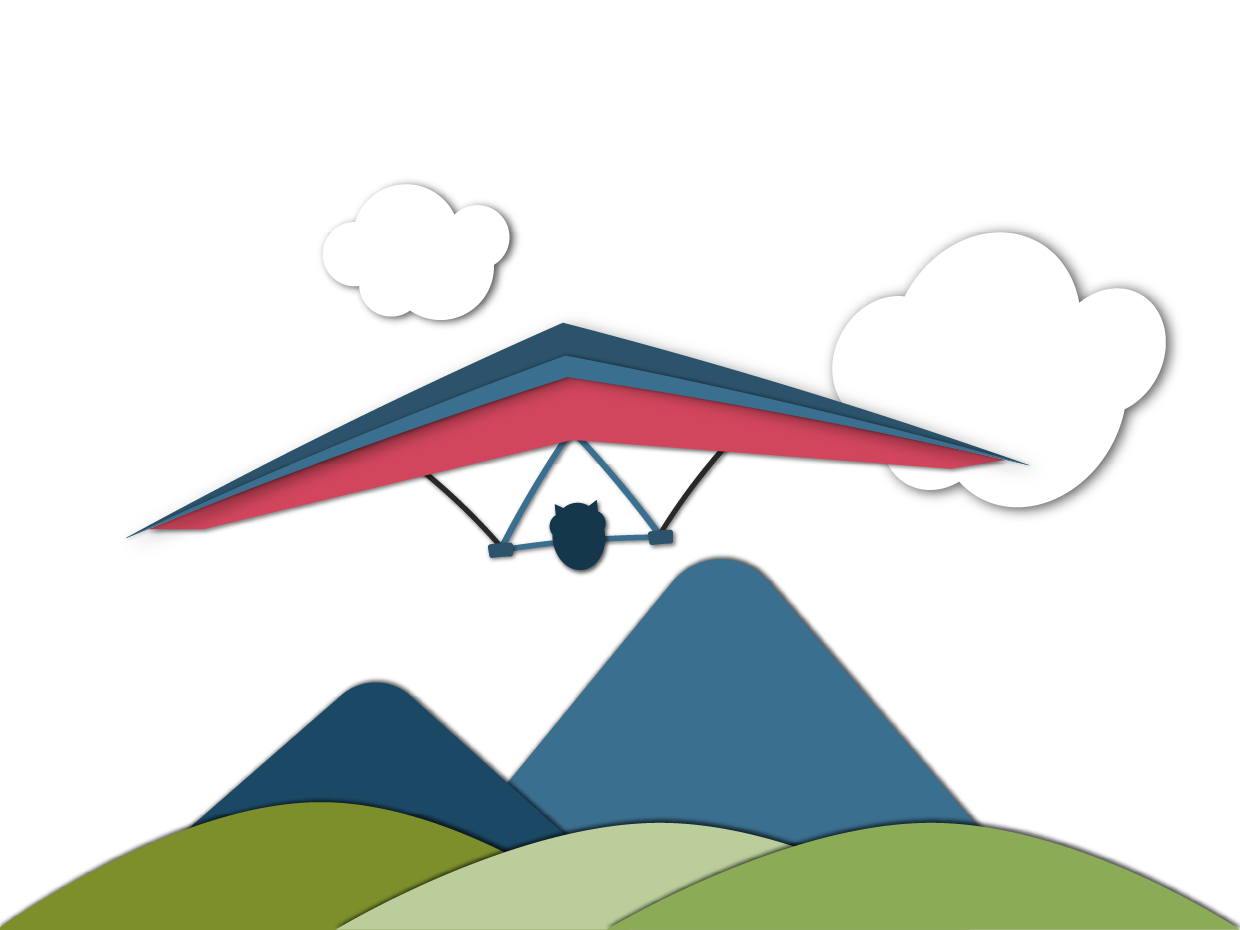1. To pay your monthly bills
If you have to borrow to pay monthly bills, you may be spending more than you’re making. Sticking to a budget will help you pay your bills without having to borrow.
2. To cover occasional expenses
Try to plan and save for occasional expenses like a new TV or a vacation. If you cover these expenses with a credit card and don’t pay it off right away, you could end up paying a significant amount of interest.
3. When you can’t afford the payments
If you’re struggling to pay back the debt you already have, borrowing isn’t going to solve the problem. You’ll only fall further behind on your payments, which will hurt your credit rating.
Total debt service ratio (TDSR)
Your TDSR is the percentage of your gross monthly income that you use for housing and other outstanding loans and debts. Most financial institutions won’t grant you a loan if your TDSR is above 40%.
3 risks of borrowing too much
1. It may become a habit
You might find it easier to put large purchases or occasional expenses on a credit card. But unless you pay off your credit card right away, your debt will grow each month.
2. It takes away money from other important needs
When you borrow money, you have to pay interest. That’s money you could put toward savings or spend on other things.
3. It can damage your credit rating if you don’t pay your bills
If you fall behind on your bills, you may not be able to borrow more money when you need it or you may have to pay a higher rate.
Look for the lowest interest rate
Before you borrow, it’s a good idea to shop around for the lowest interest rate. But keep in mind that the more debt you have, the harder it can be to get a lower rate.
Take action
Use this calculator to see how long it could take you to pay down your debt.
